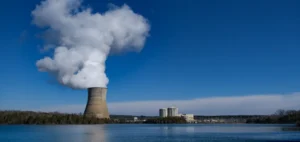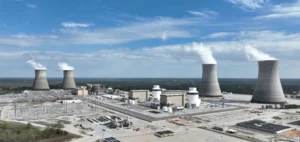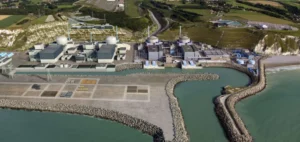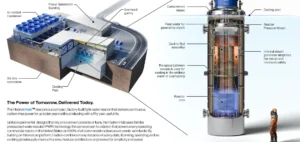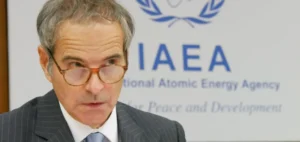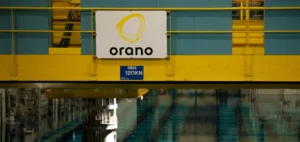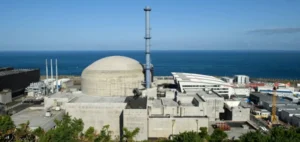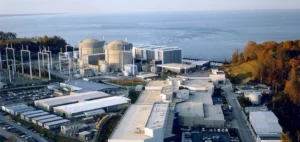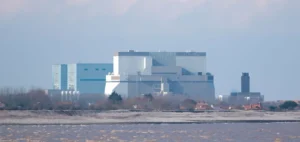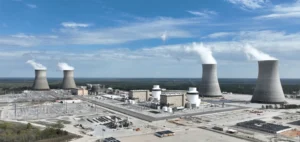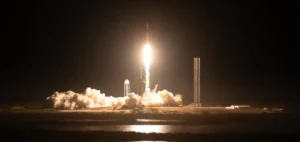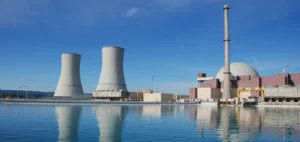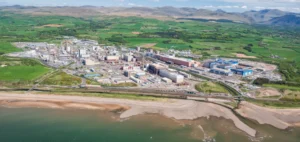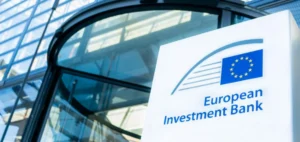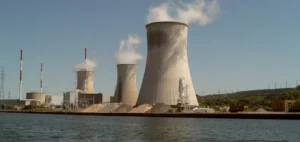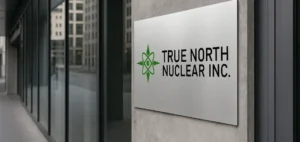The Nuclear Safety and Radiation Protection Authority (ASNR), created from the merger between the Nuclear Safety Authority (ASN) and the Institute for Radiological Protection and Nuclear Safety (IRSN), has announced new communication methods regarding the publication of its decisions. Starting this year, most of its decisions will be published simultaneously with the associated expert assessments, in accordance with the law passed on May 21, 2024.
A reform marked by internal tensions
This change comes in a tense context, as the merger of the two bodies, initiated by the government, faced opposition from trade unions and associations. These groups expressed concerns over a decline in transparency and the erosion of independence between technical expertise and administrative decision-making. Prior to the reform, IRSN’s expert reports were, in most cases, made public before ASN’s final decisions.
In a statement released on April 30, ASNR indicated that the new structure is intended to ensure transparency and strengthen public information. In certain specific cases, the published content will include expert reports made available before decisions are taken, particularly during public consultation phases.
Staggered publications depending on the case
For cases involving multiple successive expert reports, such as nuclear facility safety reviews, the expert opinions will be posted online within one month of finalisation. Similarly, reports not directly linked to a decision will be published separately. ASNR stressed its aim to provide continuous information through its online platform.
This procedural change is part of a reform officially designed to accelerate the administrative and technical processes in the French nuclear sector, currently undergoing expansion. ASNR now centralises all oversight, research, expertise, and training functions on behalf of the State for civil nuclear safety and radiation protection activities.
Towards centralised decision-making
The creation of this unified authority aimed to “streamline” internal processes in the sector while reinforcing the State’s ability to oversee the expansion of the nuclear fleet. The new model deviates from the former two-tiered structure, which separated scientific evaluation from administrative decision-making.
“For ASNR’s draft decisions involving a public consultation phase, the publication of expert opinions will take place when the draft decision is submitted for consultation,” the statement notes. This approach is intended to improve access to the information that forms the basis of decisions before they are finalised.




